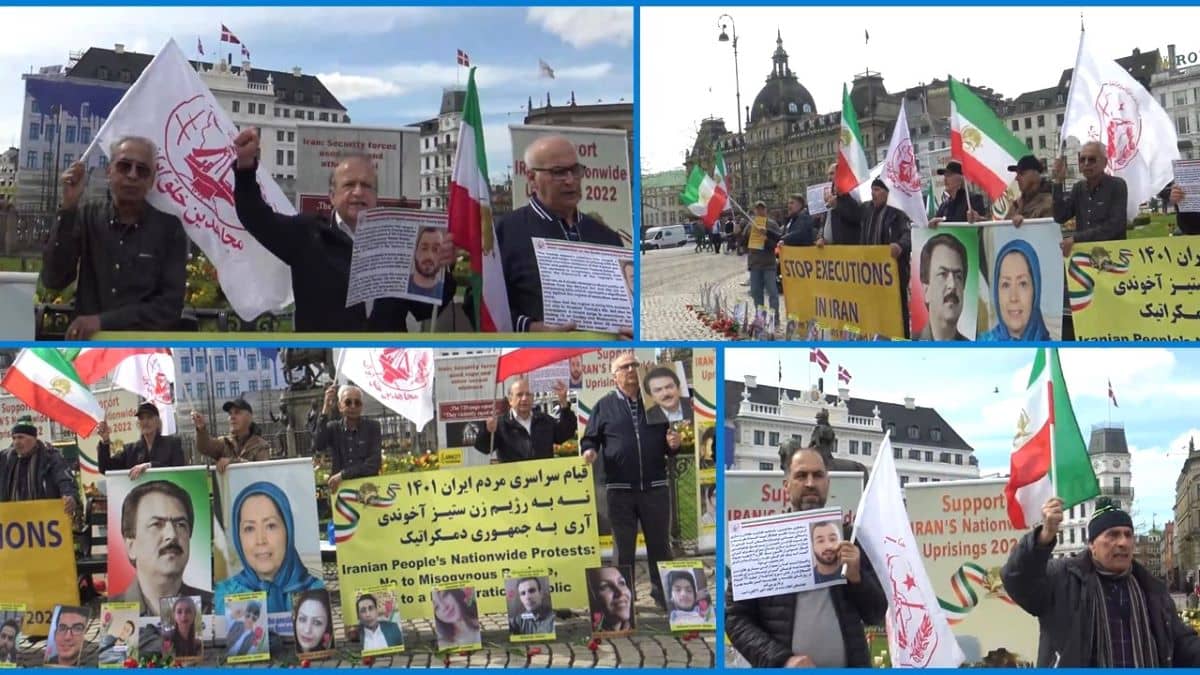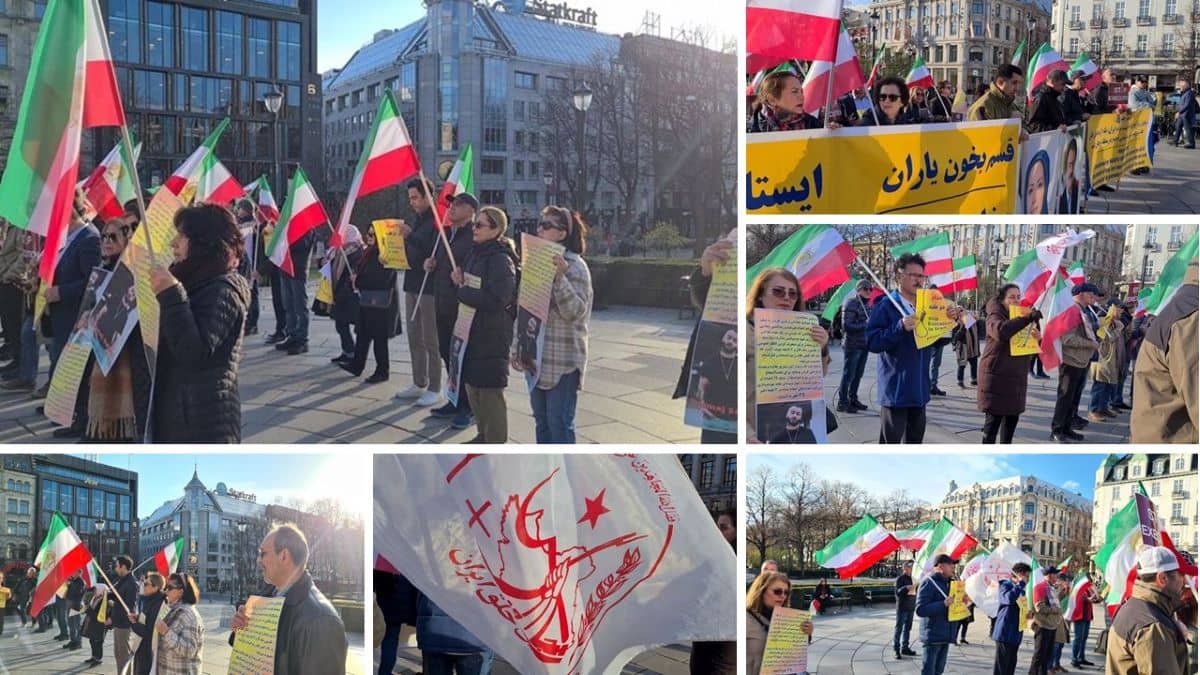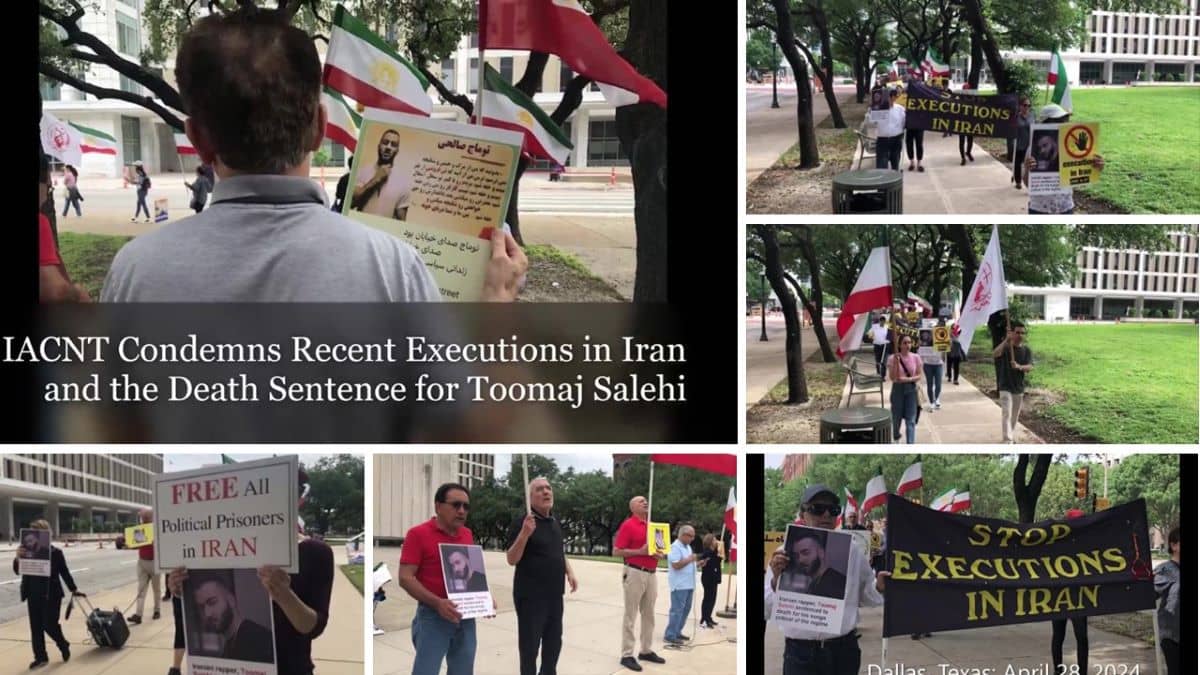The National Council of Resistance of Iran (NCRI) recently reported that following his inauguration earlier this month, the Iranian regime’s new president, Ebrahim Raisi has sent a list to the regime’s parliament of the names of prospective appointees to the cabinet.
The NCRI said, “There is little doubt regarding whether those appointments will be confirmed by the parliament, which is widely expected to act as a sort of rubber stamp for the policies that Raisi puts into place over the coming months.”
An electoral boycott took place in June, fuelled by the fire of the public knowledge of Raisi’s background, his part in the crackdown of the November 2019 uprising and more significantly, his major role in the 1988 massacre of political prisoners.
The NCRI said, “Over 30,000 political prisoners were put to death over the course of about three months. Raisi was personally tasked with extending his jurisdiction beyond Tehran when Khomeini determined that his enthusiasm for capital punishment would help correct the ‘weakness of the judiciary’.”
The massacre was the result of a fatwa issued by the regime’s founder, Ruhollah Khomeini, which declared that the members and supporters of the resistance movement, the People’s Mojahedin Organization of Iran (PMOI/MEK) were ‘waging a war on god’ and should therefore be executed.
Ali Khamenei, Khomeini’s successor seemingly had the same mindset as his predecessor. He promoted Raisi to the head of the entire judiciary in 2018, thus solidifying that repression was the strength of the regime at all of the highest levels of the dictatorship.
The NCRI said, “Raisi was replaced as judiciary chief by his deputy Gholamhossein Mohseni Ejei, who has his own track record of human rights abuses and is therefore currently under sanction by the US and Europe.”
It seems that Raisi’s prospective cabinet appointments are likely to further accelerate the repression of the Iranian people, while also developing more consequences for the international community. Clear signs of the escalation of the mullahs’ aggression toward Middle Eastern and Western countries have been apparent, even before Raisi came to power. Just last month, an Iranian drone, filled with explosives, struck a tanker in the Gulf of Oman, killing two crew members in a project by the Islamic Revolutionary Guard Corps, to control the shipping in and around the area.
The NCRI said, “The IRGC is very prominently represented in Raisi’s list of prospective government advisors. The designated Intelligence Minister, Esmail Khatib, has years of experience with the intelligence branch of the regime’s hardline paramilitary organization, and the would-be Foreign Minister Hossein Amir Abdollahian had close ties to the notorious IRGC Quds Force commander Qassem Soleimani, who was killed in Iraq in January 2020 by a US drone strike.”
Raisi’s choice for Interior Minister, Ahmad Vahidi is the subject of an active warrant from Interpol, due to his suspected role in the 1994 bombing in Argentina. The lead position in the Ministry of Culture is to be taken by Mohammad Mehdi Esmaili, who was labelled as the ‘face of the revolution by the leaders of the IRGC for his part in the spread of propaganda through Iranian state media.
The prospective candidate for Health Minister, Bahram Einollahi, previously held the role of clinical deputy with the IRGC, a decision that Iranian people are unlikely to accept due to the IRGC’s current involvement with the coronavirus vaccine distribution in Iran. Due to this arrangement, most of Iran’s already limited supply of vaccines has ended up on the black market with unaffordable prices for most ordinary citizens.

